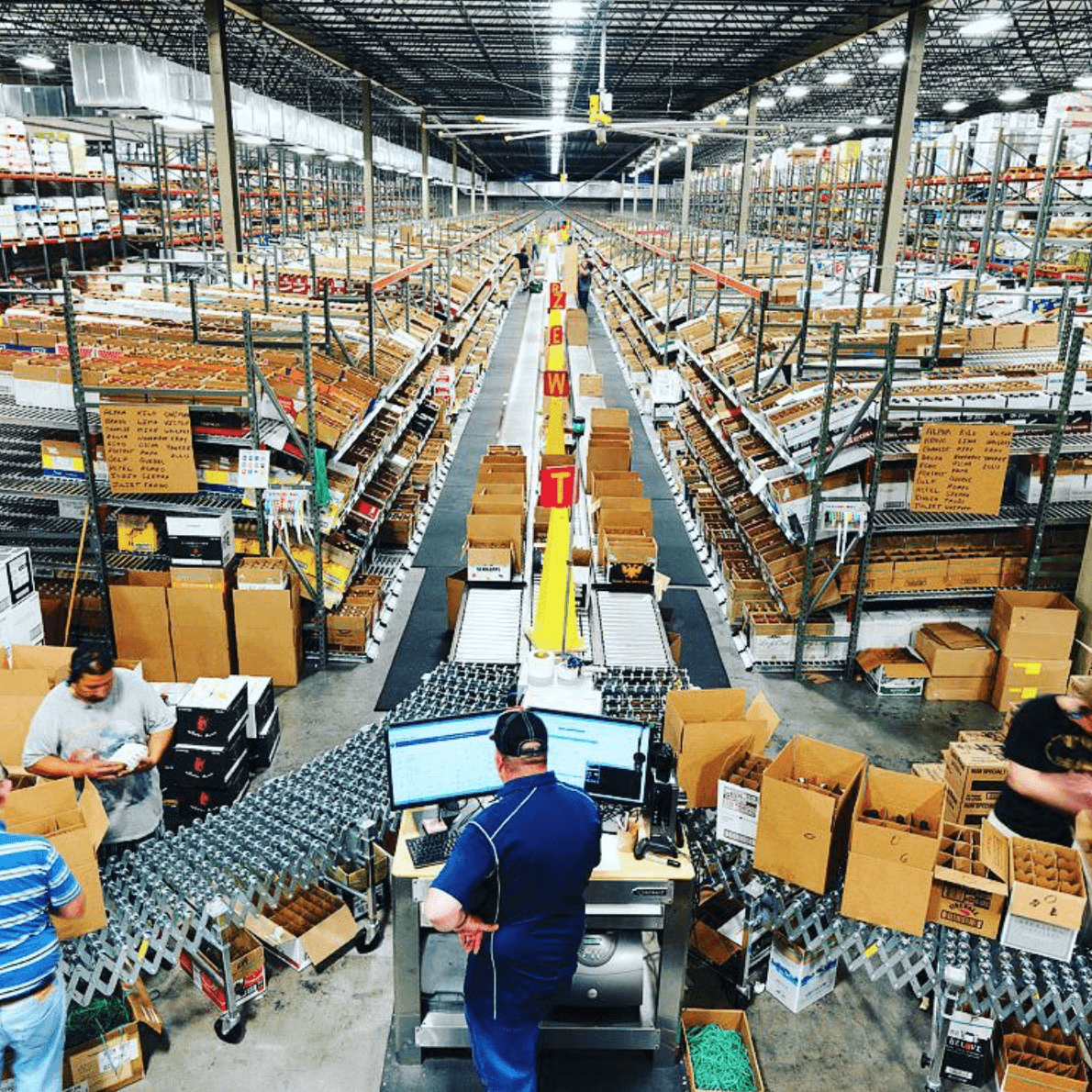As the the digital landscape continues to evolve, so does the world of e-commerce, where consumer expectations have never been higher. With the rise of online shopping, businesses continuously look for innovative solutions to meet the demands of their customers. A crucial factor of this evolution is the fulfilment services that support online retailers in shipping products efficiently and effectively. This growing need for speed and accuracy in order processing has triggered the emergence of highly sophisticated fulfilment centre s, which play a pivotal role in the entire supply chain.
In today's fierce marketplace, fulfilment services have transformed from a mere logistical necessity into strategic advantage for e-commerce companies. By capitalizing on cutting-edge technology and advanced automation, these centres allow businesses to streamline their operations, shorten delivery times, and enhance customer satisfaction. As we move forward, understanding the trends shaping fulfilment services will be essential for any retailer aiming to thrive in the rapidly shifting e-commerce landscape.
Advancements in E-commerce Fulfilment Tech
The realm of digital commerce is swiftly changing, with order processing services at the vanguard of this change. Improvements in tech are redefining how distribution centres function, enhancing efficiency and lowering expenses. Automated systems is a major force, with technologies like automated solutions and machine learning allowing faster order fulfillment. Automated systems help optimize picking and packing, enabling distribution centers to manage larger volumes of orders with more accuracy.

Another important advancement is the use of advanced data analytics. This technology enables fulfilment centres to predict customer needs more accurately, optimize product availability, and enhance supply chain management. By leveraging real-time data, retailers can make smart choices, ensuring they have the correct items in supply at the right time. Such forecasting methods not only boost customer satisfaction but also minimize excess stock and inefficiency, optimizing business costs.
Lastly, final delivery solutions are becoming increasingly advanced. Breakthroughs such as drone shipping and driverless cars are beginning to revolutionize how orders get to consumers. Distribution centers are now pursuing collaborations with tech companies to implement these technologies, seeking for more rapid and trustworthy fulfillment tactics. As customers continue to demand quicker dispatch durations, fulfilment services that allocate resources in these cutting-edge solutions will be more prepared to meet market needs and improve the overall shopping experience.
Sustainability in Fulfilment Operations
As e-commerce continues to expand, the ecological impact of supply chain activities has come under consideration. Businesses are increasingly realizing the significance of implementing sustainable practices to curtail their environmental impact. This includes optimizing packaging options to reduce waste and utilizing green choices that are recyclable or compostable. By optimizing their distribution networks and adopting more green sourcing strategies, organizations can play a crucial role in lessening their ecological footprint.
Moreover, energy efficiency in fulfilment centres is becoming a focal point for many businesses looking to adopt green initiatives. Leveraging sustainable energy such as solar power or wind power can significantly lower energy needs and contribute to a greener operation. Advanced technology, including automation and intelligent routing software, helps to improve operational efficiency, leading to minimized power usage and lower emissions during the delivery process.
Finally, green fulfillment practices extend to transportation methods as well. Many companies are exploring electric or hybrid delivery vehicles and enhancing transportation routes to reduce distances. Moreover, there is a growing trend towards using proximity-based logistics to ensure quicker and more green logistics options. By adopting these practices, online retailers can not only meet consumer demand for rapid fulfilment but also show their dedication to sustainability.
The Role of Automation in E-commerce Fulfilment
Automation has become fundamental of modern fulfilment services, significantly enhancing effectiveness and reliability in the e-commerce sector. By utilizing automated technologies such as robots and artificial intelligence-based software, fulfilment centres can handle and control inventory with unprecedented speed. This shift allows companies to meet the ever-increasing need for quicker shipping, which is vital in keeping competitive advantages. As a result, businesses can handle increased amounts of orders while minimizing the likelihood of human error in picking and packing.
Another significant aspect of automation in fulfilment is the improvement of warehousing operations. Automated systems can interpret data in real time, allowing fulfilment centres to enhance their inventory arrangements and streamline order processing. This leads to optimized space utilization and reduced operational costs. With robotic systems taking on manual tasks such as gathering products and sorting packages, employee workers can dedicate their efforts to more intricate duties that demand critical thinking and creativity. This not only boosts productivity but also encourages a more motivated workforce.
Lastly, automation contributes to improved customer satisfaction in e-commerce. Systems that automatically track inventory and manage orders ensure timely shipping and correct fulfilment processes. This reliability builds trust with customers, which is crucial in obtaining repeat business. Moreover, automated customer service solutions, such as virtual assistants, can provide instant support and information about order statuses. As automation continues to evolve, it promises to enhance fulfilment services, paving the way for a more advanced and more adaptive e-commerce landscape.
